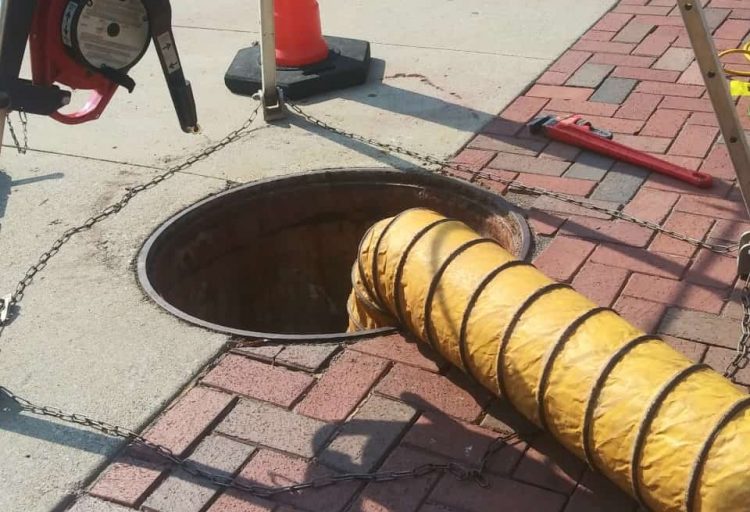Cicadas like this emerge from their broods after years in the ground. When two broods coincide, a huge amount of cicadas will emerge over the spring and summer. File photo. | THE ALL STATE
You probably don’t have “Cicada peeing on me” on your summer Bingo card, but maybe you should.
For those who don’t know, this spring and summer will feature a rare dual emergence of two Cicada broods. These broods, known as Brood XIII and Brood XIX emerge every thirteen and seventeen years, respectively, and include billions of cicadas.
The last time these two broods of cicadas emerged together was during the presidency of Thomas Jefferson, all the way back in 1803. That’s 221 years ago for those who didn’t feel like doing that math. Cicada broods in general occasionally overlap, but this is easily one of the most rare dual emergences to experience. The next time it happens after this emergence will be when all of us are long gone, in the far off year of 2245.
But this year, it happens again. We get to witness billions of infamously ear-shattering, overgrown grasshopper-like insects wake up from their slumbers just to potentially pee on us.
That’s right. While cicadas are completely harmless, – no stinging or biting- it’s not completely unlikely or improbable to say that they might just pee on us during this once-in-a-lifetime event.
This is because cicadas eat the xylem from plants. The xylem’s main purpose is to transport water throughout the plant’s systems. Because of this, insects that eat the xylem, including cicadas, often urinate in excess.
Cicadas in particular are able to pee by urinating small droplets through various orifices on their bodies. They also pee extremely quickly with a velocity of almost ten feet per second from the trees above, making us their unsuspecting victims. So, if you’re enjoying a perfect day outside walking under a nice shade tree, and you feel something wet, it’s quite likely you just got peed on by a one of these rare cicadas.
Cicadas aren’t all bad, though, as they provide some environmental benefits as a food source for native birds and predators, improve water filtration in the ground, aerate lawns and add needed nutrients to the soil.
If you are still worried about them peeing on you, though, you’ll be happy to know that Austin Peay, Clarksville and the rest of Montgomery County are expected to have limited cicada coverage. Nashville and much of Illinois, however, are not expected to be so lucky.


